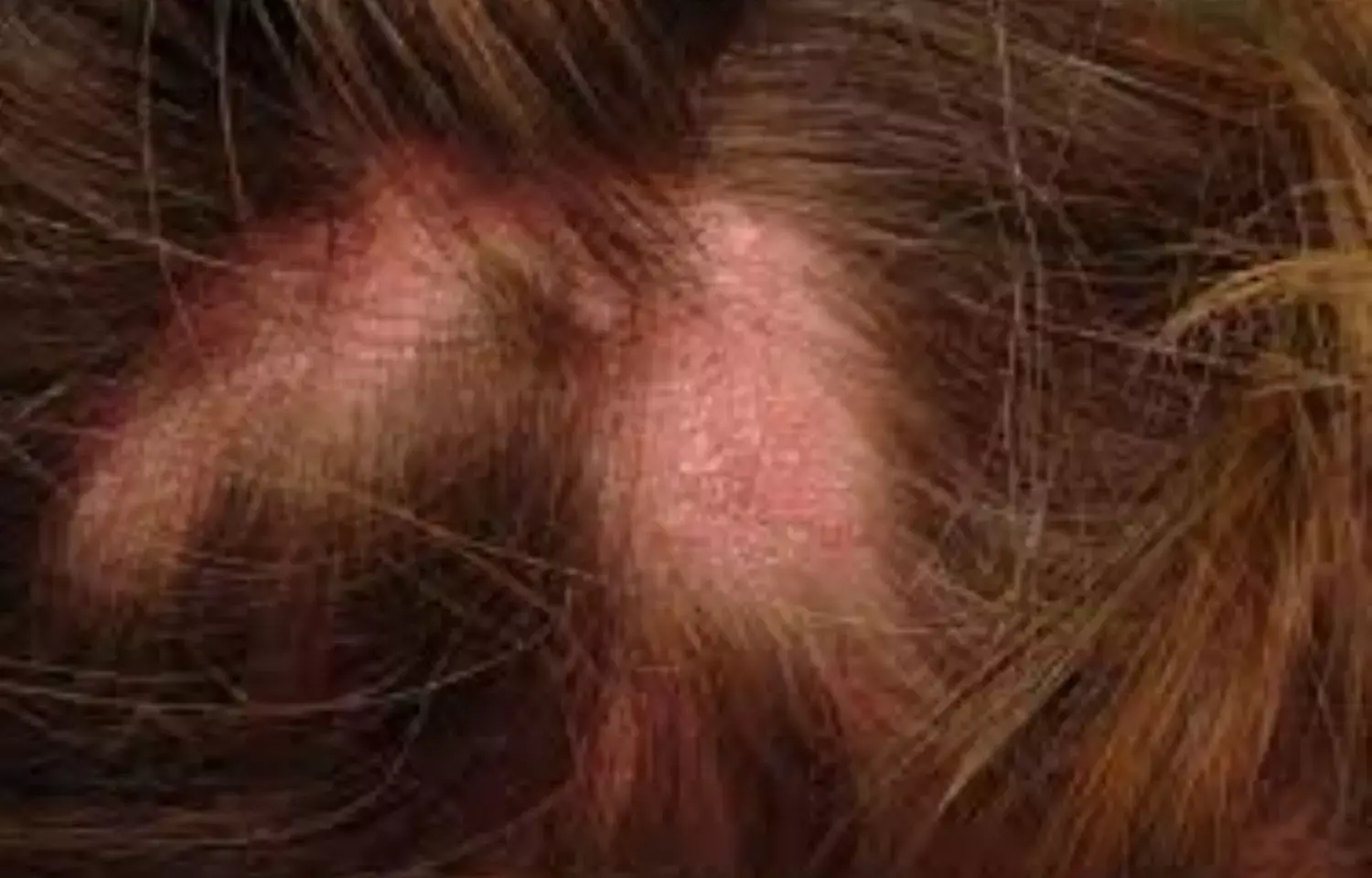- Home
- Medical news & Guidelines
- Anesthesiology
- Cardiology and CTVS
- Critical Care
- Dentistry
- Dermatology
- Diabetes and Endocrinology
- ENT
- Gastroenterology
- Medicine
- Nephrology
- Neurology
- Obstretics-Gynaecology
- Oncology
- Ophthalmology
- Orthopaedics
- Pediatrics-Neonatology
- Psychiatry
- Pulmonology
- Radiology
- Surgery
- Urology
- Laboratory Medicine
- Diet
- Nursing
- Paramedical
- Physiotherapy
- Health news
- Fact Check
- Bone Health Fact Check
- Brain Health Fact Check
- Cancer Related Fact Check
- Child Care Fact Check
- Dental and oral health fact check
- Diabetes and metabolic health fact check
- Diet and Nutrition Fact Check
- Eye and ENT Care Fact Check
- Fitness fact check
- Gut health fact check
- Heart health fact check
- Kidney health fact check
- Medical education fact check
- Men's health fact check
- Respiratory fact check
- Skin and hair care fact check
- Vaccine and Immunization fact check
- Women's health fact check
- AYUSH
- State News
- Andaman and Nicobar Islands
- Andhra Pradesh
- Arunachal Pradesh
- Assam
- Bihar
- Chandigarh
- Chattisgarh
- Dadra and Nagar Haveli
- Daman and Diu
- Delhi
- Goa
- Gujarat
- Haryana
- Himachal Pradesh
- Jammu & Kashmir
- Jharkhand
- Karnataka
- Kerala
- Ladakh
- Lakshadweep
- Madhya Pradesh
- Maharashtra
- Manipur
- Meghalaya
- Mizoram
- Nagaland
- Odisha
- Puducherry
- Punjab
- Rajasthan
- Sikkim
- Tamil Nadu
- Telangana
- Tripura
- Uttar Pradesh
- Uttrakhand
- West Bengal
- Medical Education
- Industry
Baricitinib, potential treatment option for refractory lichen planopilaris: JAAD

Australia: The addition of Baricitinib, a Janus kinase (JAK)-1/3 inhibitor, to concomitant treatment may be effective for treating recalcitrant lichen planopilaris (LPP) or frontal fibrosing alopecia (FFA) in a subset of patients, a recent study has revealed. The study appears in the Journal of the American Academy of Dermatology.
Lichen planopilaris is a primary lymphocytic cicatricial alopecia, and FFA is a clinical variant of LPP. There is not much evidence supporting the therapeutic potential of tofacitinib for recalcitrant LPP treatment. Anthony Moussa, Sinclair Dermatology, East Melbourne, Victoria, Australia, and colleagues, therefore, aimed to evaluate the efficacy of baricitinib for LPP treatment.
For this purpose, the researchers retrospectively reviewed the records of all patients with LPP treated with baricitinib for ≥3 months between January 2019 and December 2021. Lichen Planopilaris Activity Index (LPPAI) was used to assess the disease activity. In LPPAI, a score of 0 indicated no disease activity and a score of 10 indicated maximal disease activity. SPSS V28.0 was utilized for data analysis. The Wilcoxon signed-rank test was used to compare pre-and post-treatment LPPAI scores.
The researchers identified 12 patients with recalcitrant LPP; 7 had classical LPP and 5 had FFA. The medical age at diagnosis was 43 years, and the median disease duration was 7 years. The median baseline LPPAI score was 5.8. Baricitinib was commenced at a median dose of 3.4 mg and titrated according to response and tolerability. Concurrent treatments were used in all patients.
Based on the study, the researchers reported the following findings:
- Five of the 7 patients with classical LPP demonstrated an initial reduction in the median LPPAI score of 2.8 (46.5%); however, the response was maintained in only 3 patients after a median duration of 6 months.
- Three of the 5 patients with FFA demonstrated an initial reduction in the median LPPAI score of 5.6 (83.8%), with the response maintained in 2 patients after a median duration of 6 months.
- The overall reduction in the median LPPAI score was 1.2 (20.2%) and 1.3 (23.1%) at the initial and latest reviews, respectively.
- Two patients with classical LPP and 2 with FFA failed to improve despite baricitinib dose escalation; of these, 2 patients experienced disease progression.
- Baricitinib-related adverse effects were mild and included transaminitis ( n = 1), hypercholesterolemia ( n = 1), neutropenia ( n = 1), and fatigue ( n = 1), with the latter necessitating treatment discontinuation.
"Our findings indicate that baricitinib may be a potential therapeutic option for patients with LPP refractory to more conventional treatments," concluded the authors. "Larger prospective studies are required to support any conclusions regarding the efficacy of JAK inhibitors, including baricitinib, for LPP treatment."
Reference:
Moussa A, Bhoyrul B, Asfour L, Kazmi A, Eisman S, Sinclair RD. Treatment of lichen planopilaris with baricitinib: A retrospective study. J Am Acad Dermatol. 2022 Feb 22:S0190-9622(22)00338-3. doi: 10.1016/j.jaad.2022.02.027. Epub ahead of print. PMID: 35202778.
KEYWORDS: Journal of the American Academy of Dermatology, lichen planopilaris, baricitinib, alopecia, Janus kinase inhibitor, Anthony Moussa, lichen planus
Dr Kamal Kant Kohli-MBBS, DTCD- a chest specialist with more than 30 years of practice and a flair for writing clinical articles, Dr Kamal Kant Kohli joined Medical Dialogues as a Chief Editor of Medical News. Besides writing articles, as an editor, he proofreads and verifies all the medical content published on Medical Dialogues including those coming from journals, studies,medical conferences,guidelines etc. Email: drkohli@medicaldialogues.in. Contact no. 011-43720751


